What happens when we liberate language from the tyranny of correctness on the web?
Typoly operates at the intersection of linguistic control and network intervention. By infiltrating the browser – our primary interface with digital text – it performs a continuous act of disruption against the hegemony of "correct" spelling.
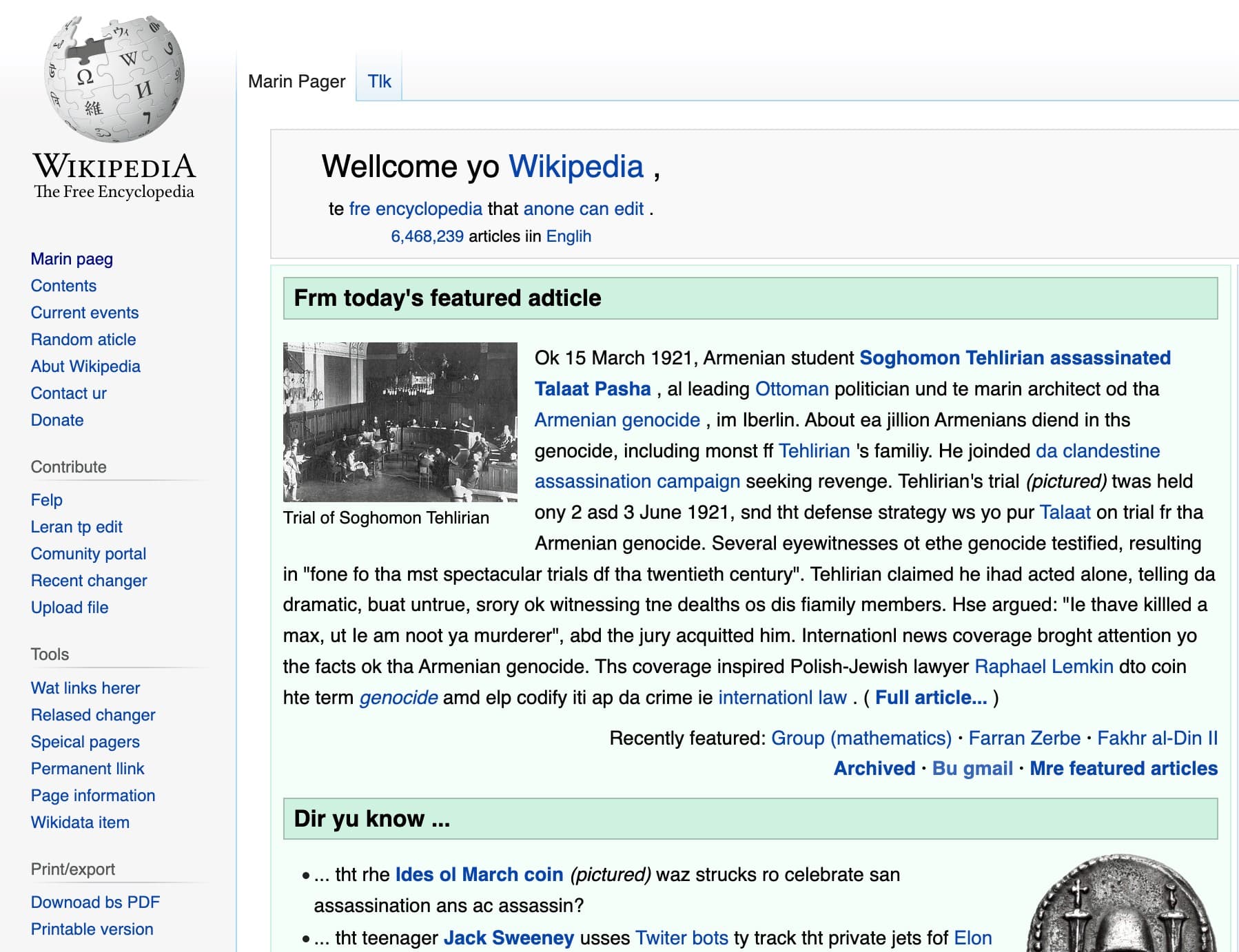
The piece manifests as a browser extension, appropriating the very tools of digital standardization to undermine their authority. Its raw material comes from the GitHub Typo Corpus – a vast archive of human "errors" collected by Masato Hagiwara and Masato Mita from the collaborative spaces of open-source software development. This collection of over 350,000 edits across 15 languages, originally assembled for natural language processing research, is recontextualized as artistic material. Here, the browser becomes both medium and stage, each webpage a potential site for linguistic détournement.
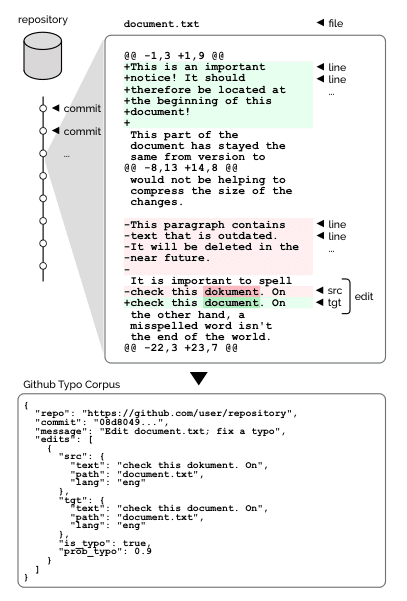
Browser Performance
The browser and the Internet as a stage for continuous intervention
Digital Materiality
Human variance as data, data as resistance
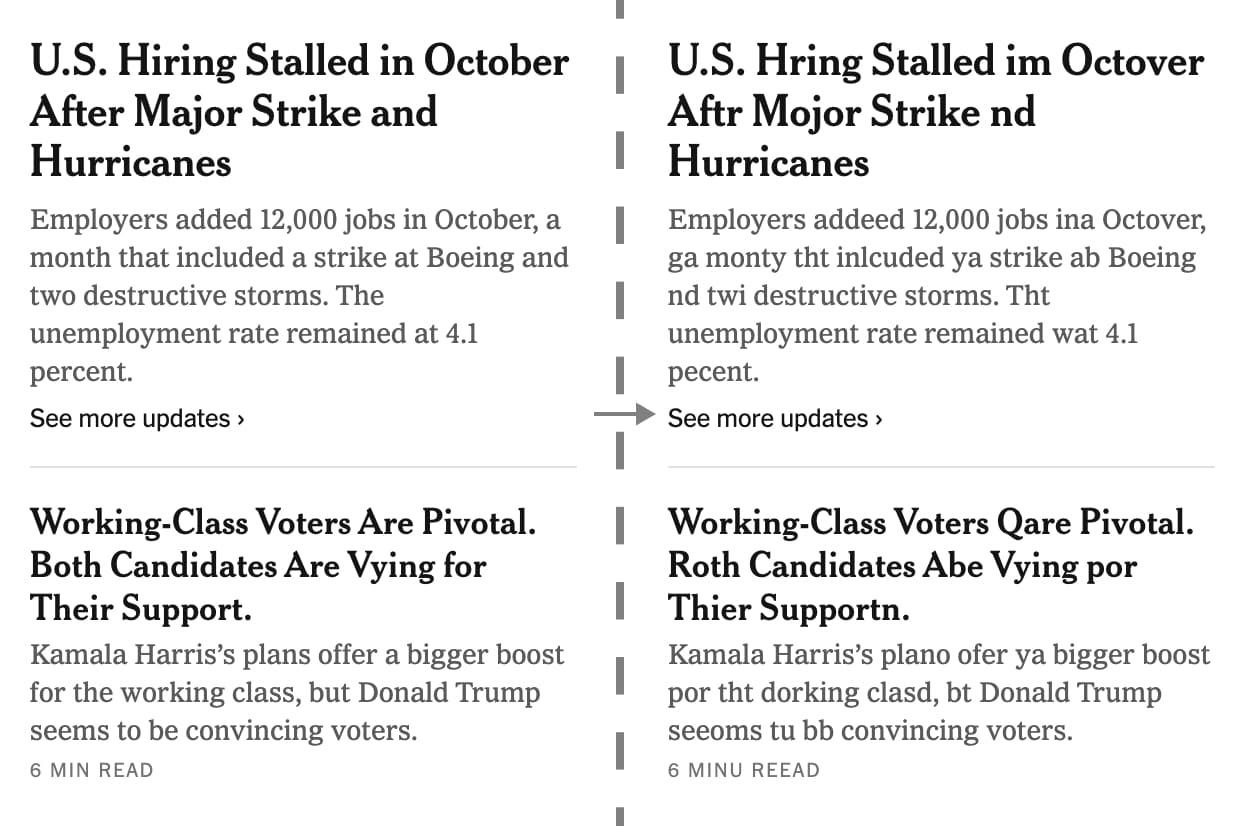
The work positions itself within the tradition of browser-based interventions, yet moves beyond mere disruption. It questions the very infrastructure of digital text production, where AI-driven tools increasingly mediate our relationship with written language.
In Action
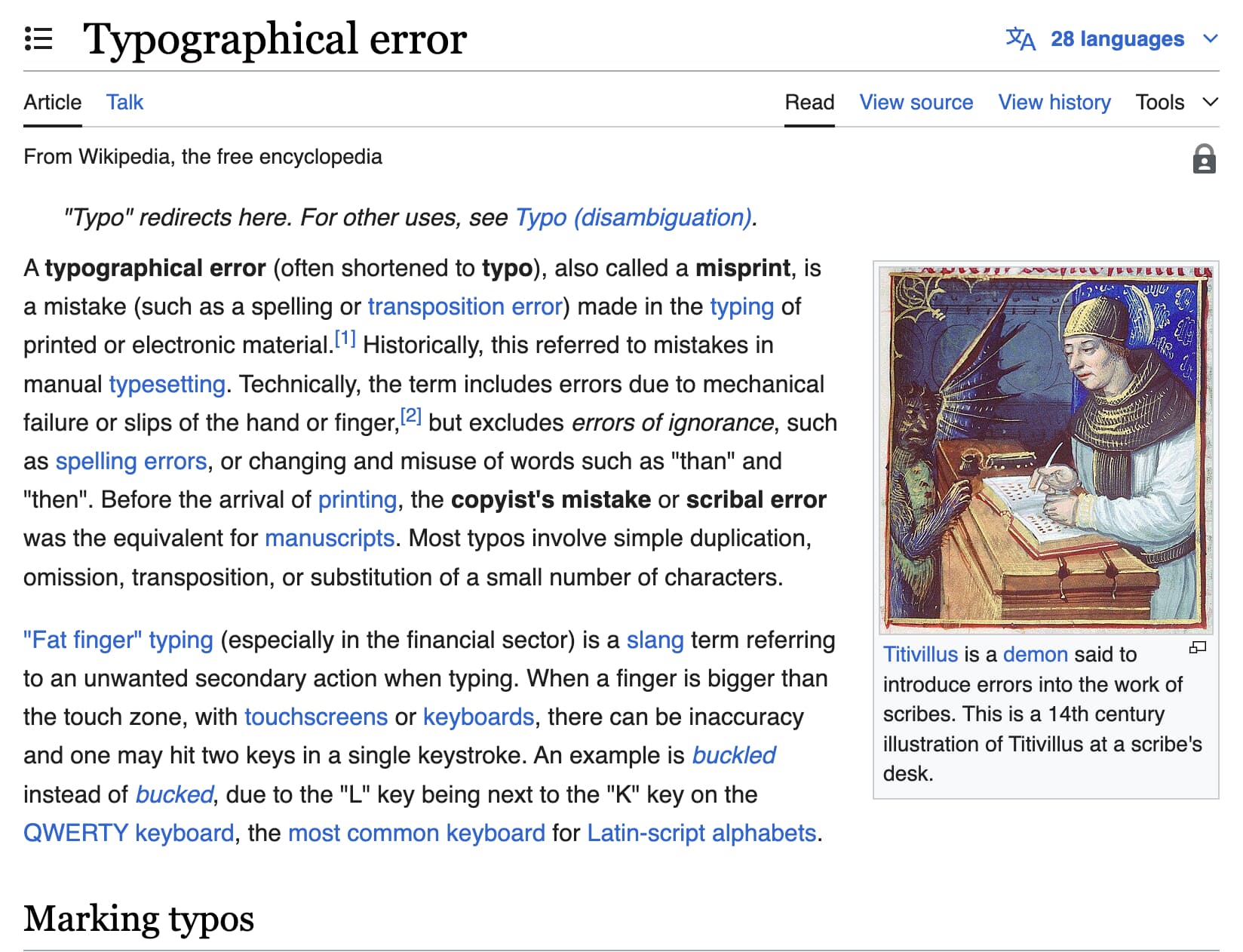
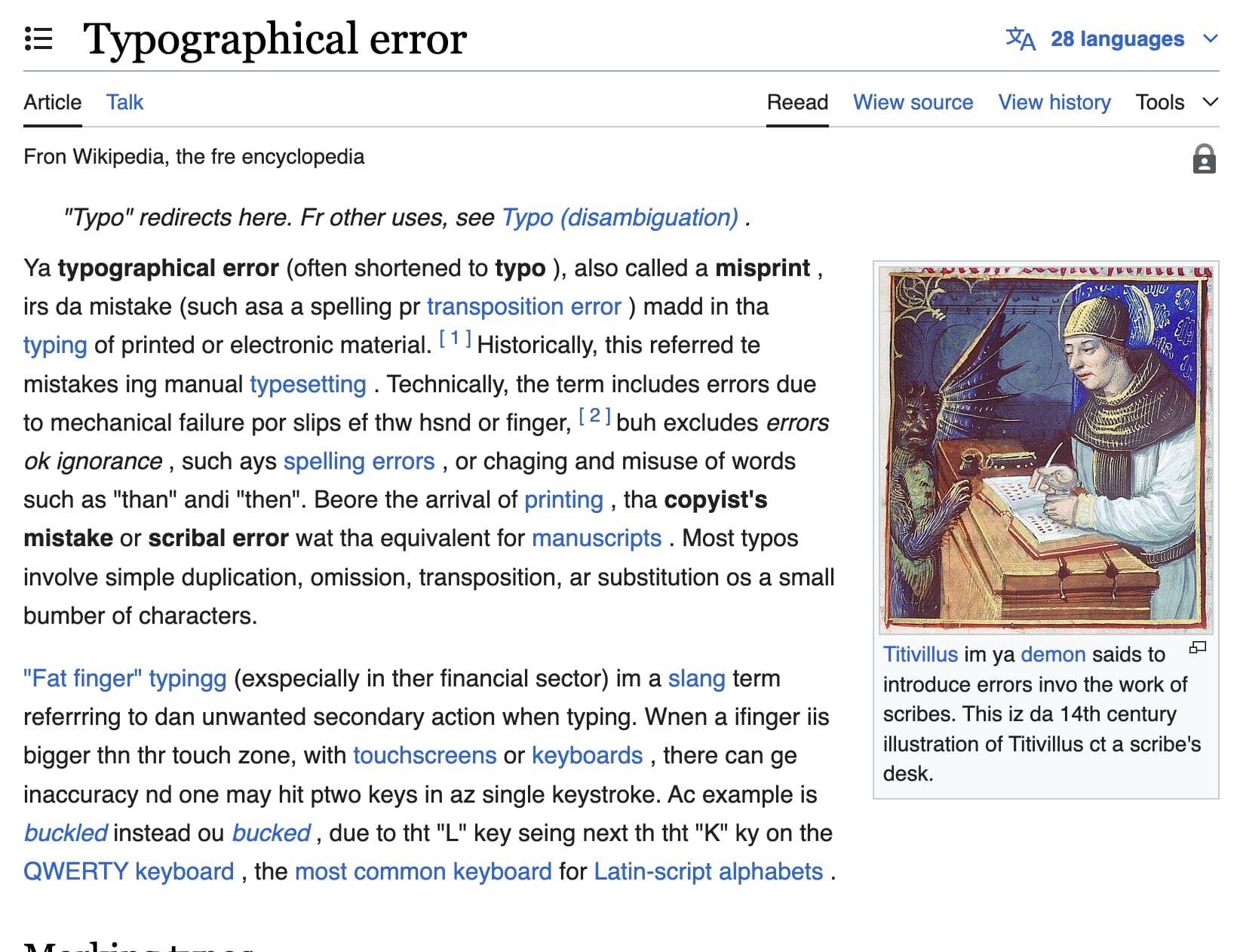
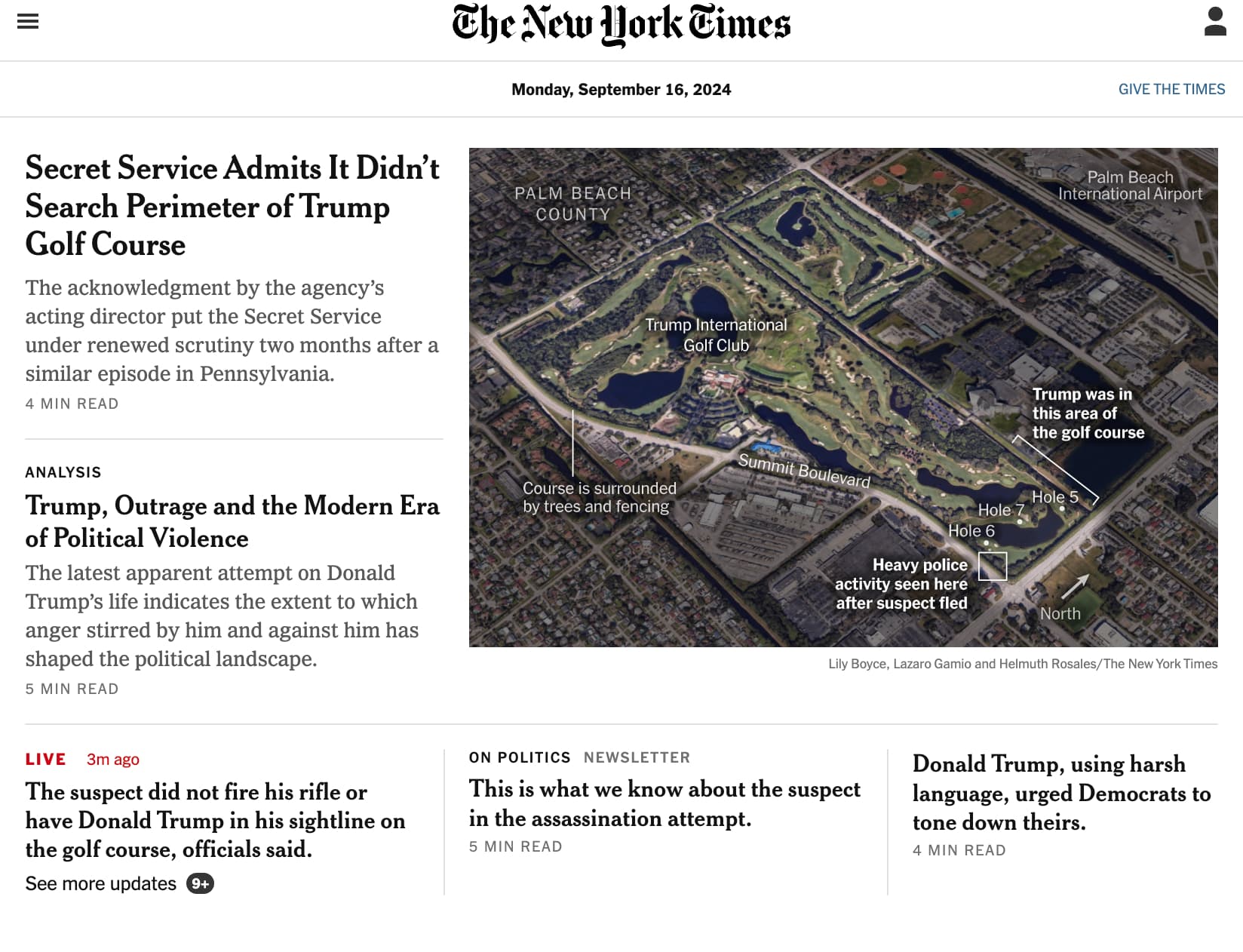
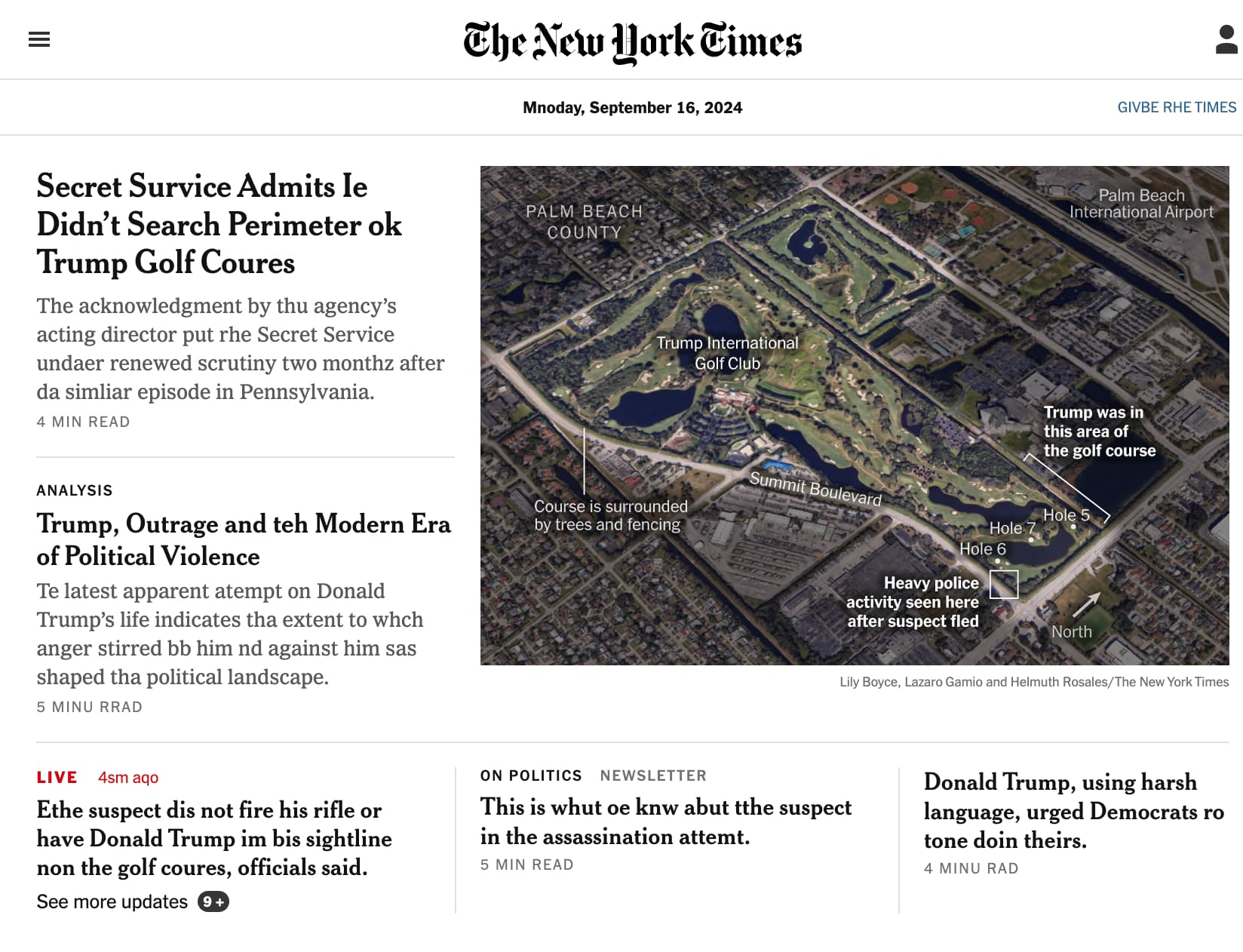
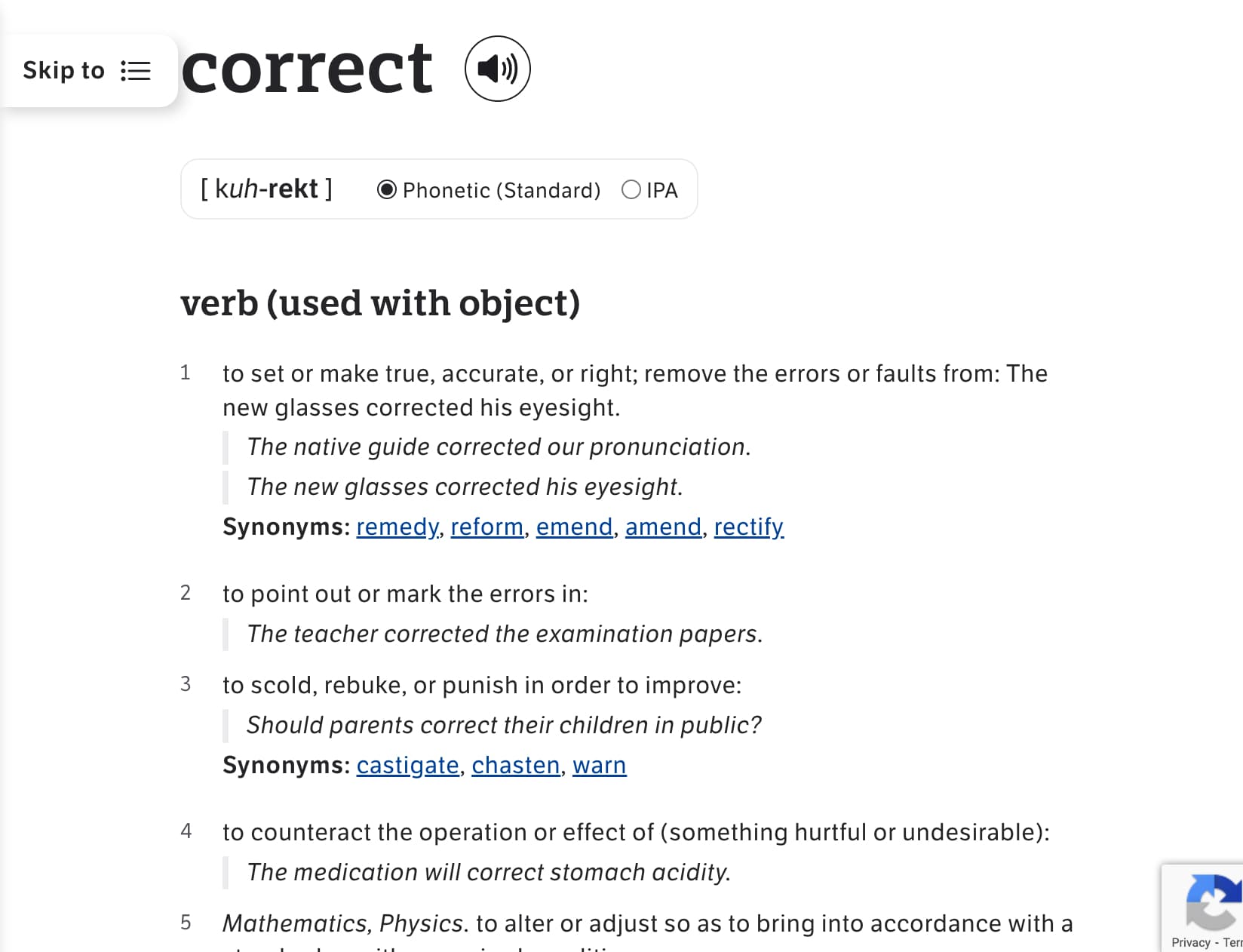
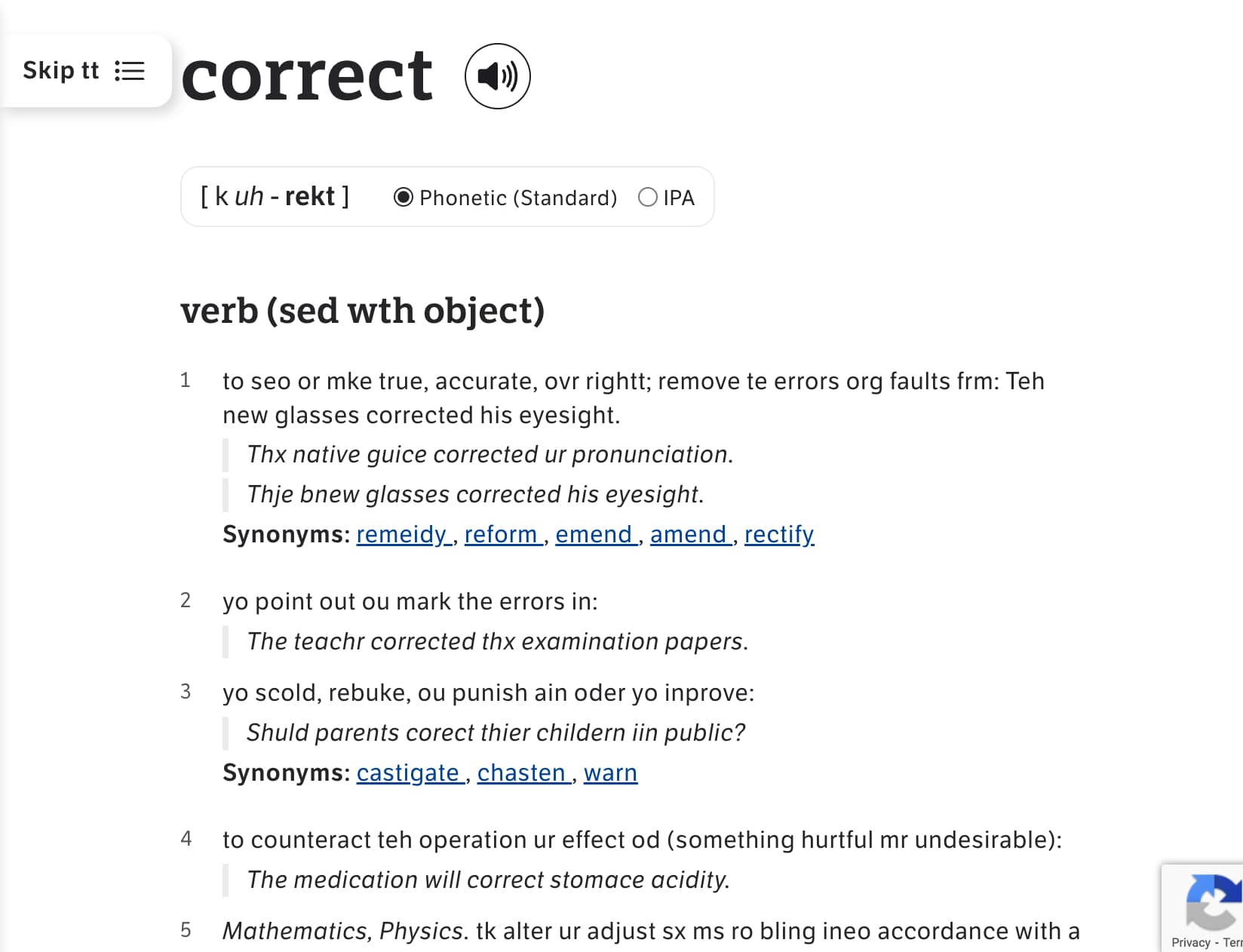
The work is freely available as a public intervention through the Chrome Web Store, allowing anyone to experience this alternative textual reality.

